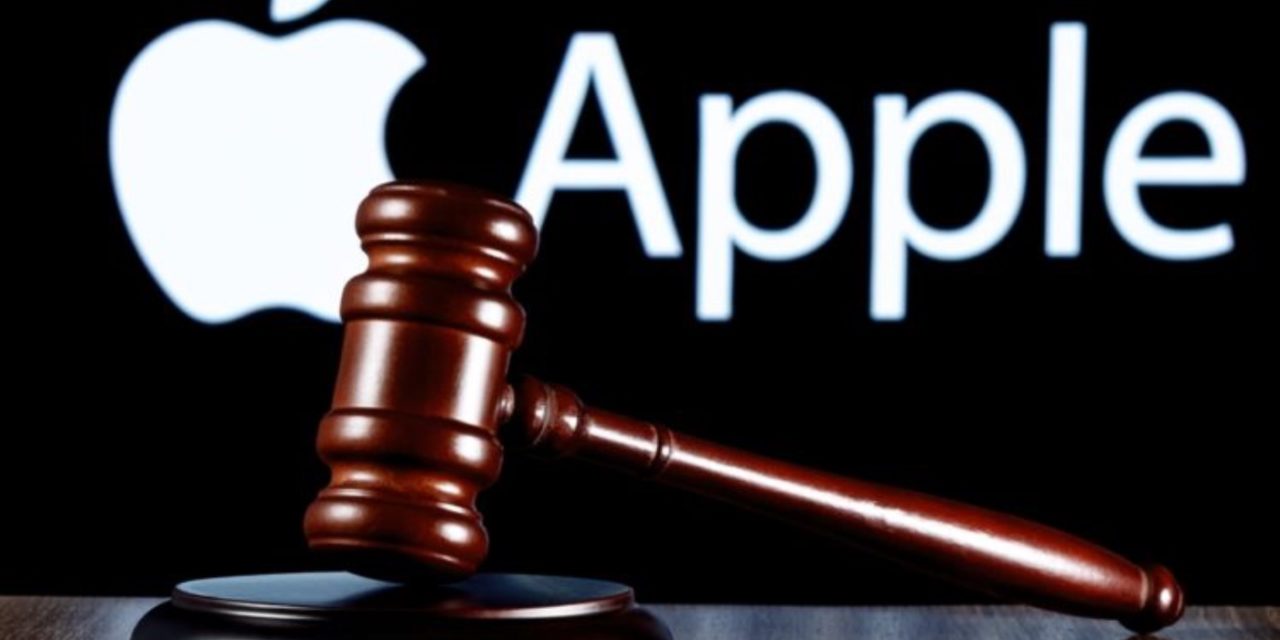Apple and Amazon must face a consumer antitrust lawsuit in U.S. court accusing them of conspiring to artificially inflate the price of iPhones and iPads sold on Amazon’s platform, a federal judge in Seattle has ruled, reports Reuters.
Last November an antitrust class-action lawsuit was filed against the two companies by the law firm of Hagen’s German. The lawsuit, filed in the U.S. District Court for the Western District of Washington accuses Apple and Amazon of seeking to eliminate third-party Apple resellers on Amazon Marketplace in a scheme to stifle competition, and maintain premium pricing for Apple products. The class action alleges an “unlawful horizontal agreement between Apple and Amazon to eliminate or at least severely reduce the competitive threat posed by third-party merchants,” which attorneys say violates federal antitrust laws and has cost consumers.
The lawsuit says the parties’ illegal agreement brought the number of third-party sellers of Apple products on Amazon Marketplace from roughly 600 to just seven sellers – a loss of 98%, and by doing so, Amazon, which was formerly a marginal seller of Apple products, became the dominant seller of Apple products on Amazon Marketplace.
The lawsuit centers around an agreement made between Apple and Amazon that took effect at the beginning of 2019, the existence of which neither defendant denies. Hagen’s German claims that the agreement permitted Apple to limit the number of resellers operating on Amazon’s marketplace, and it offered Amazon in return a discounted wholesale price for a steady stream of iPhones and iPads, allowing it to reap the benefits of limited competition on its own reseller arena.
The lawsuit adds that, prior to the antitrust agreement, Amazon was a highly competitive marketplace, featuring numerous active third-party resellers offering genuine Apple products at prices steeply discounted from the prices Apple wanted to sustain on its online storefront, according to the lawsuit, and most Apple product marketplace sales were going to third-party resellers (rather than to Amazon itself). All of this benefited consumers in the form of lower prices and differentiated offerings, attorneys say, but this structure threatened Apple and Amazon’s bottom line.
Article provided with permission from AppleWorld.Today




